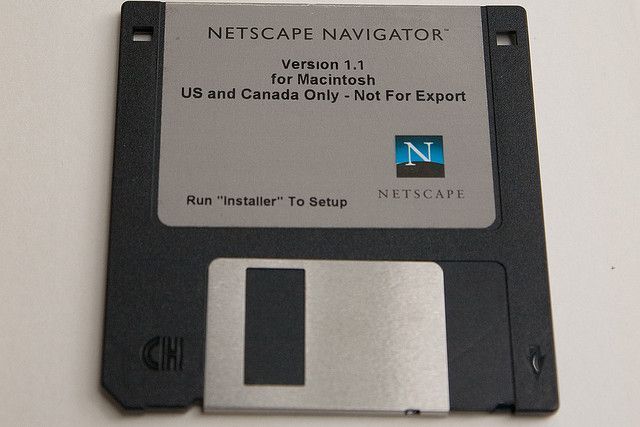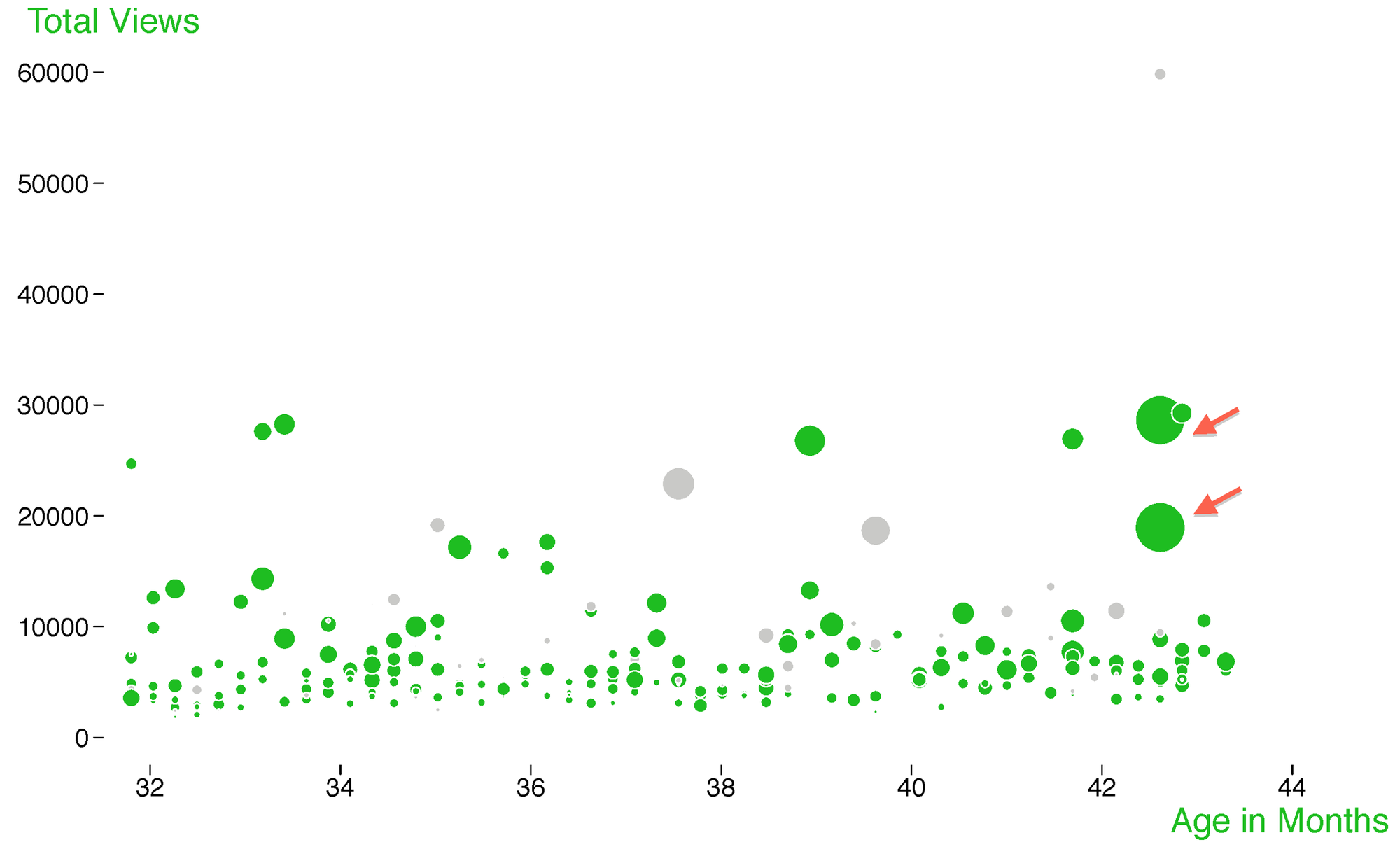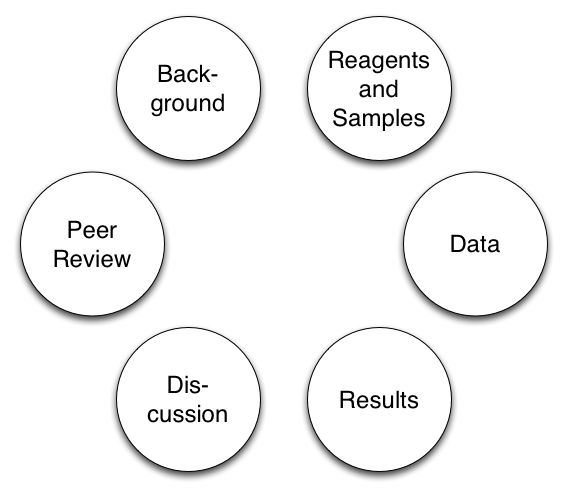
Last week I had a little discussion on Twitter about a great blog post by Zach Holman: Only 90s Web Developers Remember This. The post is not only fun to read, but also reminded me that it is now almost 20 years (1995) that I built my first website - of course using some of the techniques (the one pixel gif!, the tag!) described in the post.





